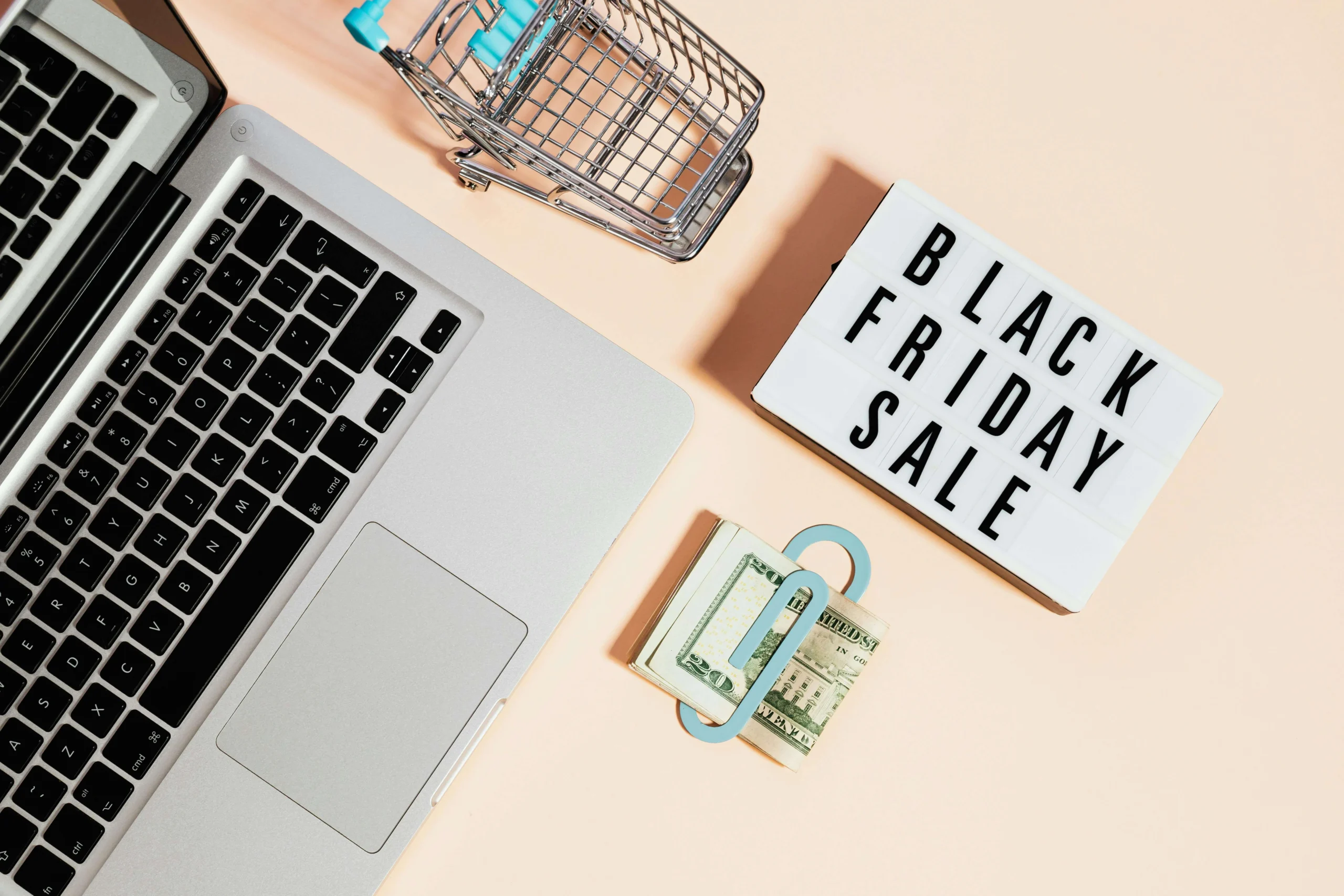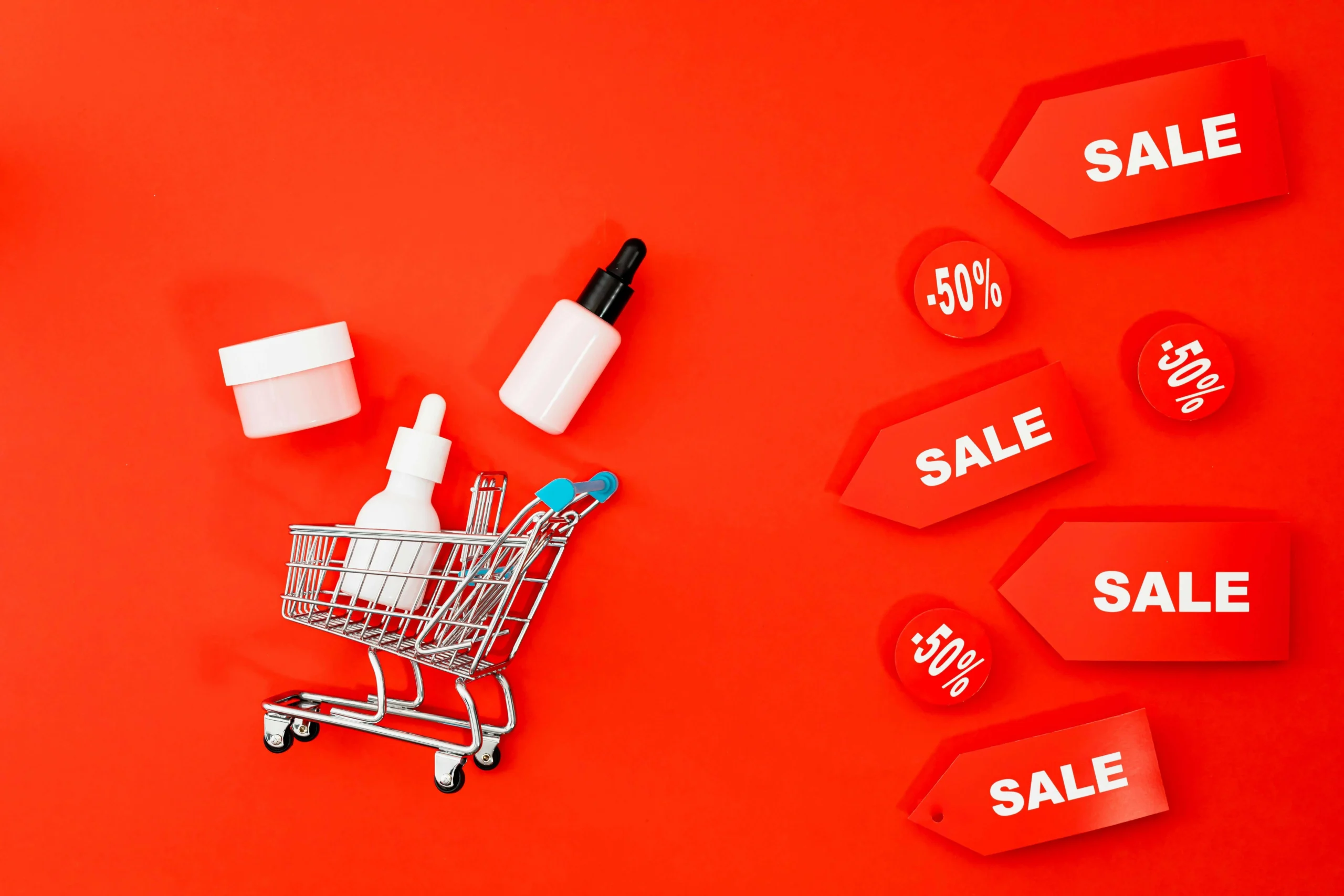The impulsive buy ? We’ve all been there! You’re in a store, filling your cart and browsing one aisle, or scrolling through an online marketplace, when, boom, something catches your eye. You had no plans to buy it, but soon it’s in your cart, or you’re halfway to the checkout line. This is what we call an impulse buy—a purchase made spontaneously, without prior planning, often driven by emotions, environmental influences, or persuasive marketing tactics.
But why does this happen? And how can we control it? In this article we are going to study the psychology of Impulse Buying, what happens, and provide you tips so you can avoid the regret of unchecked shopping sprees.
What is The Impulsive Buy?
An impulse buy is an unplanned purchase driven by a sudden desire or emotional reaction. Unlike planned purchases, which are deliberate and carefully considered, impulse purchases happen spontaneously. While they can occur in apparel and physical stores, they’ve become increasingly common with the rise of e-commerce. Psychologists and marketers have identified many factors that lead to mindless buying, making impulse shopping a fascinating subject of study.

The Psychology behind Impulsive Buying
When we’re feeling anxious or even happy, we’re more likely to make impulse purchases. Why? Because shopping can give us an instant emotional boost. It’s no wonder many of us head to stores to lift our mood or reward ourselves.
Data collected from Primary (Retail, Marketing)
The impulse buy is a well-known tactic for retailers. Bright colors, strategic product placement, and tempting discounts are all designed to encourage split-second decisions. Think about the candy, small gadgets, or cosmetics carefully placed near checkout counters. These items are set to catch your eye right when you’re most likely to give in, moments before making that quick, unplanned purchase.
Social Media and E-commerce Effects
Impulsive buying has taken on new forms with the rise of social media platforms and e-commerce websites. Whether it’s an influencer’s post showcasing a trendy product or a time-sensitive online offer, the sense of urgency is hard to ignore. Add the convenience of one-click shopping, and it’s easier than ever to make spur-of-the-moment purchases without a second thought.
Discounts and Promotions: The Go-To Ingredient for Sales Success
Limited-time deals and flash sales are designed to spark urgency and drive quick action. A well-placed countdown banner or notification can turn hesitation into impulse, as buyers rush not to miss a great deal. This urgency often overrides careful decision-making, leading to snap purchases driven by fear of missing out.
The Surprising Psychology Behind the Impulse Buying
The impulsive buy affects all of us, and a few key factors explain why it happens so often:
Stress Relief: Shopping triggers the release of dopamine, the “feel-good” hormone that’s linked to pleasure and reward. For many, unplanned purchases offer a quick escape from stress or negative feelings, making them more likely to shop impulsively over time.
Understanding the reasons behind impulsive buying can help you make more mindful choices next time you shop.
Forget the crowds—online shopping turns impulse buy into a seamless experience.
Impulse Spending: Do you know how often you buy on impulse? Most people don’t. A quick purchase here or there might seem harmless, but those unplanned buys quickly add up. Over time, they can take a big toll on your finances.
The Influence of Peer Pressure: Ads, social media, and friends showing off their latest finds can spark a strong urge to buy things you never thought you needed. It’s easy to get caught up in the pressure to keep up.
The True Price of The Impulse Buy
An impulse buy may seem harmless at first, but over time, the consequences add up. Here are some potential consequences:
Financial Pressure: Repeated impulse buys strain your budget, leading to mounting debt and financial stress.
Buyer’s Remorse: Impulse purchases often lead to regret, especially when the item turns out to be unnecessary or overpriced.
Clutter and Waste: Impulsive shopping clutters your space with unused items, leading to financial and environmental waste.
How Do You Reduce The Boogie Factor?
Plan Your Purchases
Creating a shopping list before heading to a store—whether online or in person—is one of the most effective ways to avoid impulse buying. Once you’re there, stay disciplined and stick to your list to resist the temptation of unplanned purchases.
Avoid Shopping When Emotional
Both low moods (like depression or boredom) and high moods (feeling great but not wanting to ruin it) can stop impulse shopping. Avoid shopping when your emotions are running high—whether you’re upset or overly excited
Set a Budget
Before buying anything, create a clear budget and keep your spending in line with it. It can also alert you when you’re ready to make an impulse purchase that could potentially clear your threshold.
Wait Before Buying
If you feel an urge to purchase something, put yourself into a cooling-off period. Wait a few hours or even a day before making the purchase. You might discover that you don’t need the item at all.
Evaluate the Need
It’s the difference between a need and a desire.” This is the heart of the question: Will the purchase add value to your life or is it just a shot of just-in-time pleasure?
Mastering Impulse Buying: Take Back Control
Impulse buying is a natural human tendency, influenced by both environmental and psychological factors. While eliminating it entirely may be unrealistic, understanding what triggers these purchases can help us manage them. By recognizing why we indulge and what drives these decisions, we can regain control over our spending, save more, and make more intentional purchases. The goal isn’t to deny ourselves small luxuries but to ensure they align with our broader financial priorities.

FAQs:
Impulsive Buying, is it All Bad?
Not necessarily. An occasional impulsive buy—a little treat for yourself or a small spark of excitement—won’t do much harm. But if it becomes a habit, it could wreak havoc on your finances and leave you with serious regret.
Online Shopping; How to Avoid Impulsive Buying?
Use browser extensions or apps that assist with tracking spending or applying filters so that you’re not tempted by deals. You can also do this by deleting items from your shopping cart or walking away before making a purchase.






